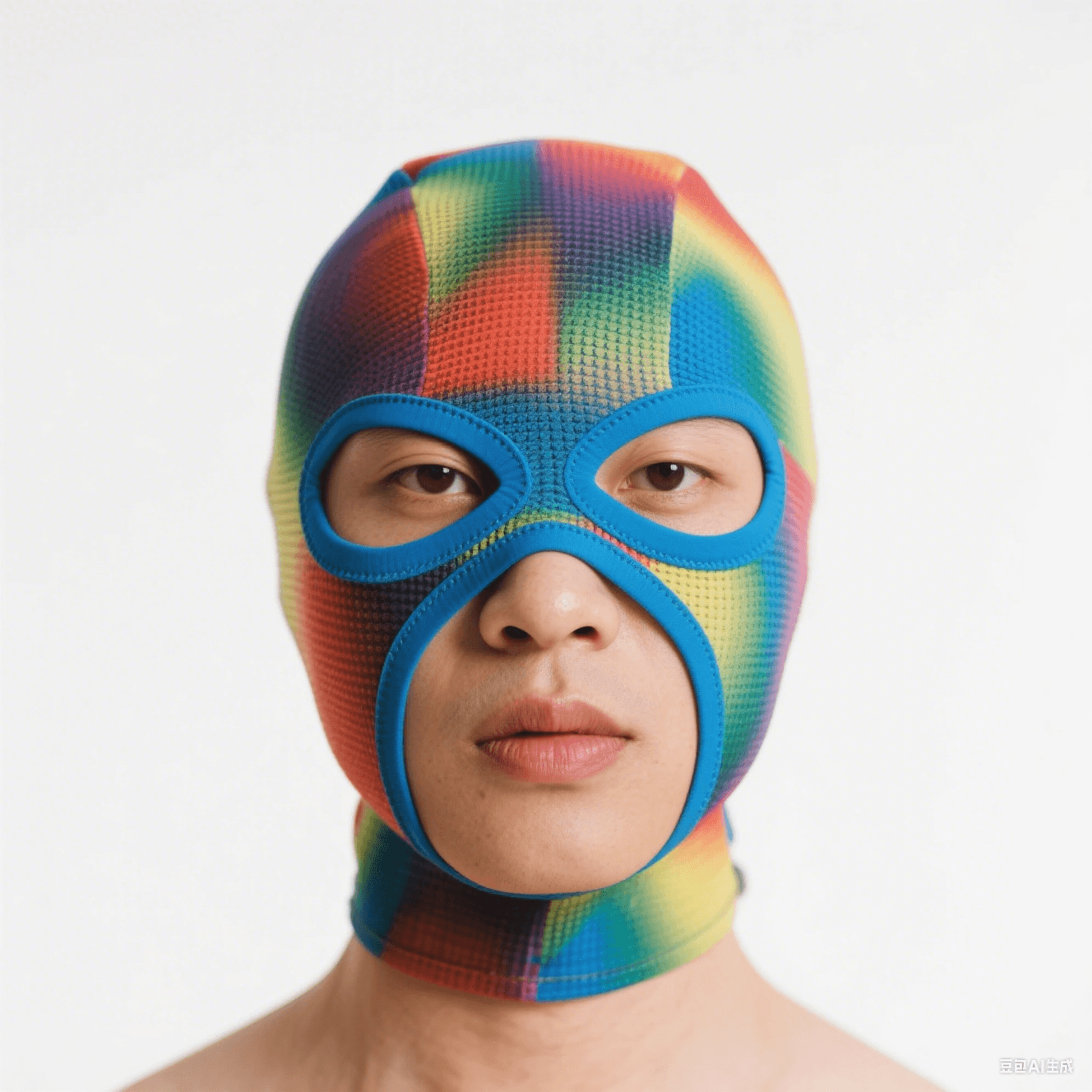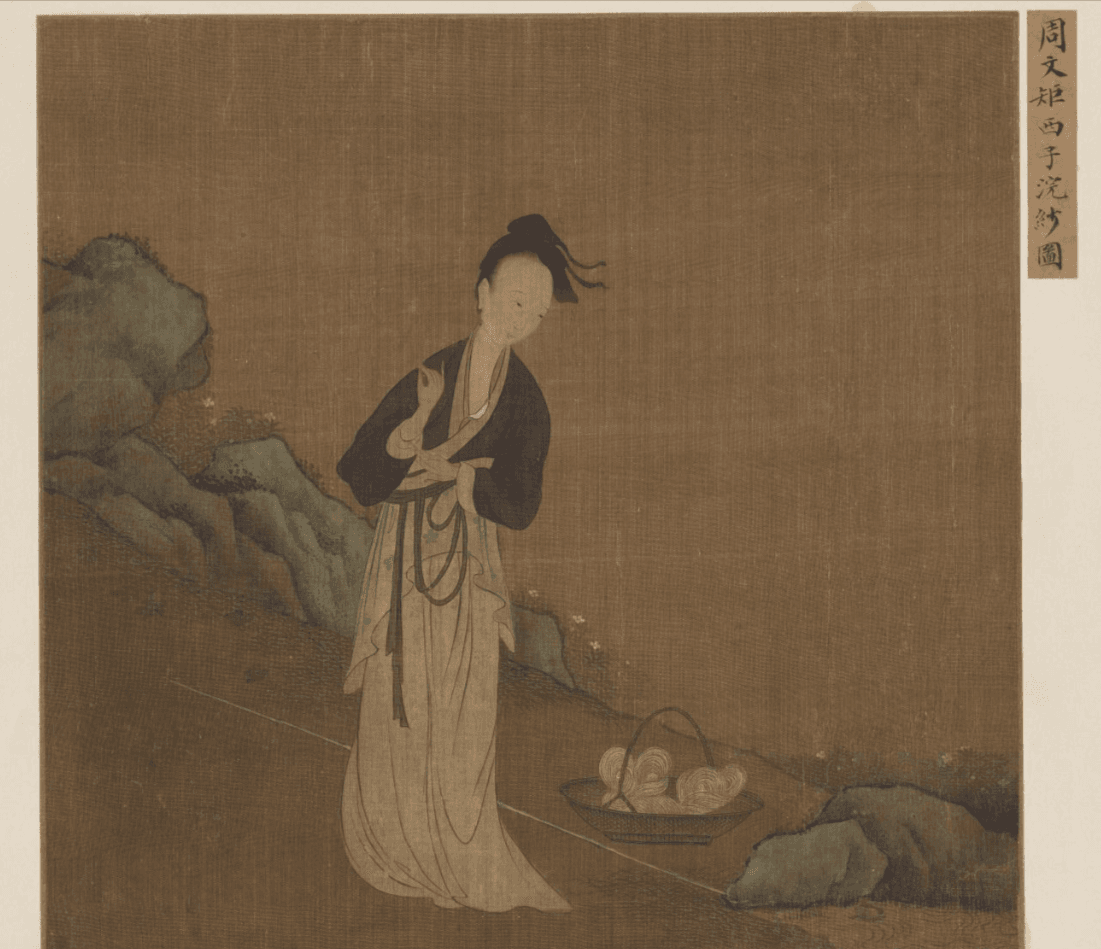
40°C Heatwave Hits Hard, But “Coolconomy” Hits Harder
Want to read in a language you're more familiar with?
The sunshine is never an issue, but how we see ourselves is always a life question that we need to figure out.
The summer of 2025’s relentless heatwaves, from Beijing’s searing pavements to Paris’ metro warnings and Tokyo’s nighttime parasols, are reshaping daily life. Extreme temperatures are fueling a global "heat economy." Globally, this surge in demand for cooling solutions is evident. GlobalData forecasts that the cooling consumer goods market will nearly double by 2033, driven by a universal need for relief from rising temperatures. In China, this "heat economy" is particularly pronounced. JD.com’s 2025 618 shopping festival data reveals a 150% year-on-year surge in sun-protective clothing sales and a 140% increase in high-SPF sunscreen. "Facekinis" and sun-protection mask-hat combos doubled in sales. Brands like Beneunder and Uniqlo have turned "physical sun protection" gear into social media sensations, cementing their status as must-have defenses against the sun.
 Generated by AI
Generated by AI
Sun Protection vs. Tanning
We do observe and found that hehind this heat-driven consumer boom, what more intriguing is that the complex attitudes toward sunlight across different cultures. For example, in China, we don't like blazing sun that much! Young people on Xiaohongshu, one of the most popular social platform, posts that sport sun-protective gear covering "everything but their eyes"—wide-brimmed hats, face masks, ice sleeves, and ankle-length skirts—paired with playful captions like, "Going out without sun protection? That’s like streaking!" Yeah! We are not big fans of sunshine, but to be honest, this reflects a deep-rooted emphasis on sun avoidance. Historically, fair skin has been prized since ancient times, as seen in _The Book of Songs _《诗经》praising "hands like tender shoots, skin like congealed fat." (手如笃竹,肤如凝脂)Tanned skin once marked laborers toiling under the sun, while fair skin signified aristocratic leisure. Some people might even say that sun protection symbolizes not just UV defense but self-discipline, anti-aging, and a refined lifestyle.

Xi Shi washing silk, Painted by_ Wenju Zhou_
I do understand things are different in countries like Europe and the U.S., Tanning products like Coppertone spray and Bondi Sands mousse sell out on Amazon and Ulta, signaling a tanning craze. When Coco Chanel’s sun-kissed Riviera look was celebrated as a mark of liberation in 1923, I understand something has changed. Yet, while history has shaped these divergent attitudes toward sunlight, it also subtly lays the groundwork for shared connections.
What's new and what's more?
Is true beauty about meeting others’ expectations or embracing what feels authentic and comfortable? I do find things are changing. In China, some younger generations are moving beyond “tan-phobia.” Wheat-colored skin is no longer seen as a “failed sunscreen attempt” but as a genuine mark of travel or sports, symbolizing alignment with personal rhythms and diverse beauty standards. Health, vitality, and free expression are emerging as the core keywords of a new aesthetic paradigm. On social media, such content garners high engagement, reflecting young people’s yearning for authenticity. This is not only happened in China. I do find even in Europe and the U.S., brands start to promote “safe tanning” products, like SPF-infused self-tanners and subtle-toned gradual skincare, catering to younger consumers who want the bronzed look without the health risks. What is beauty? Maybe healthy is the new beauty. As the Chinese classic_ The Book of Rites_ 《礼记》states, “To please is to accept.” This global embrace of diverse aesthetics aligns with the Chinese value of “Yueji” (pleasing oneself). True “Yueji” lies in fully embracing one’s authentic self, as naturally as the earth embraces the cycles of bloom and fade. The sunshine is never an issue, but how we see ourselves is always a life question that we need to figure out.





